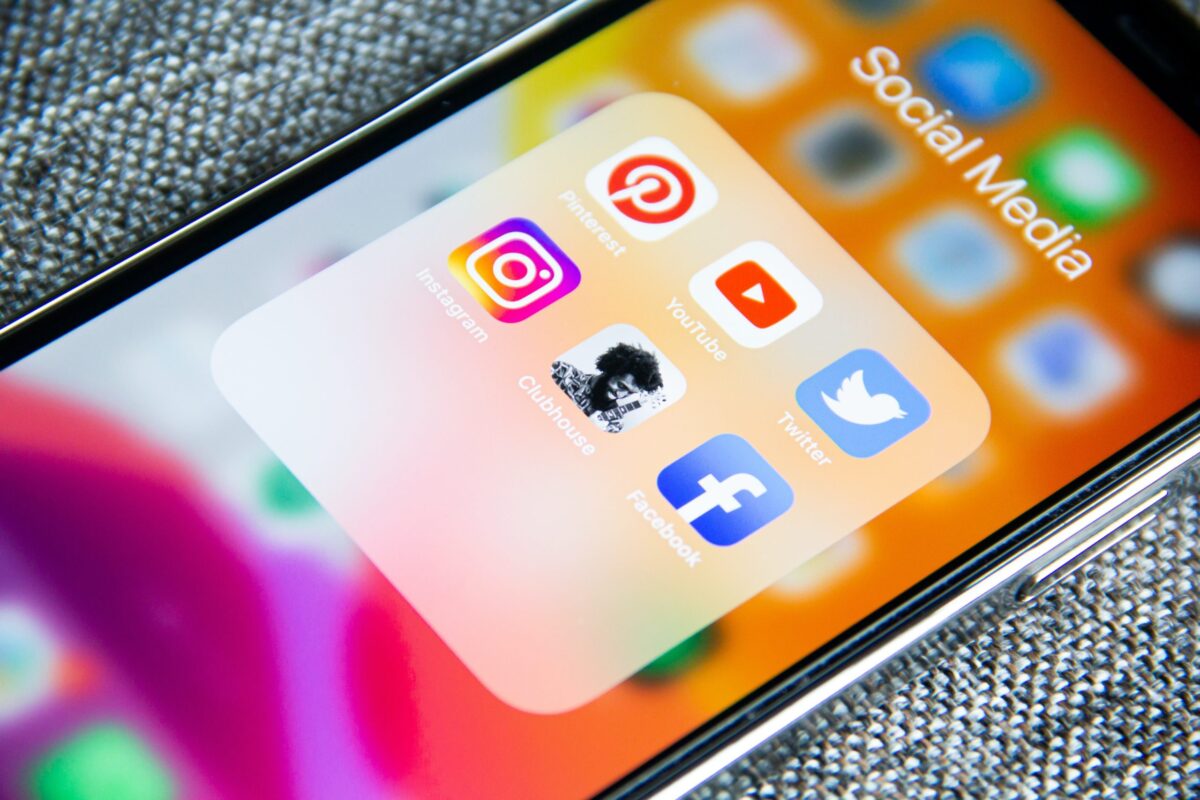
Employee engagement has become a term that’s been so over used, some leaders have become desensitized to its concepts or beneficial outcomes. If you’re a leader who wants to be successful, read on. If you’re enjoying your status quo…you may still want to take a few tips into practice. Don’t be numbed by the overabundance of articles, apps and services that can increase the engagement in your workplace and subsequently your bottom line.
Here are a few ideas about what employee engagement is and what it’s not!
1. Employee engagement is people getting up in the morning and having the desire to come to work
There are many reasons why people start their day not wanting to come to work. You may think you don’t have any influence over someone’s attitude before they walk in the door. That’s not true. Once known as soft skills, communication, collaboration and change management, are truly essential skills. The organizations who take the opportunity to increase these skills will create an environment that exudes success.
2. Studies show that people who feel positive about their work culture can increase their productivity by 20%
Just how much would that save you in dollars? Some studies show that with just 50 employees, you could increase your bottom line by over $ 500K! First of all, positivity helps them show up for work. They work harder and smarter. More often than not, when they come upon an obstacle, they can assist in creating a solution. This affects the quality of their work as well. The good news? Positivity can be taught.
3. Engaged personnel are better problem solvers, sales people and customer service representatives
Having the skills to communicate, collaborate and navigate change, alleviates a lot of stress in people’s lives. Less stress leads to more tolerance and patience. Can you see where sales might increase? And, a grouch doesn’t make for good customer service either. Unless you don’t have any competition, increased sales and superior customer service is going to make a big difference in your bottom line in more ways than you might think
4. The best employee engagement techniques are related to the relationships they produce.
It might be, “Hawaiian Shirt Friday.” Maybe, it’s, “Catch a workmate doing something right,” day. In events like these benefits abound. First of all, it’s fun. There is plenty of research out there that shows when people have fun, they learn more and retain information for longer periods of time. Activities like these build greater bonds between team members. In a business where people work together this connection is priceless in terms of quality and creativity. Community projects done as a team have an additional element of raising your CSR (Corporate Social Responsibility), score. This has become an important aspect of who people want to work for.
5. Employee engagement is not just giving a bonus and calling it a day
Money is no longer the most important criteria for why people work where they work. As you experience the future shortage of employees, this concept will become ever more important. Money will not be the deciding factor as to where someone works or who they stay loyal to.
6. Annual reviews do not create communication for crucial employee/leader growth
Most human beings have a need to be acknowledged and feel valuable. It used to be that continuous improvement programs were for those that needed to exceed or be gone. How about making a continuous improvement plan as a way of life for each individual and the company? People respond better and increase their usefulness at work when they know how they fit within the company’s culture
Employee engagement = higher productivity = greater creativity = Happier-Healthier place to be
Your workforce is your most important asset. Don’t wait. Don’t have a motivational talk and go back to business as usual. Lack of employee engagement will become a critical problem as our workforce becomes more sophisticated and discerning. We’re looking at a shortage of employees coming up very shortly. The latest figures project that there will be a shortage of 5 million workers in 2020. This is true for machinists, medical staff, lawyers, accountants, lawyers, nurses and IT personnel, to name a few. Don’t delay, because you can’t create a great place to work overnight. The most successful organization will realize it’s a journey, a constant and continuous journey. They will build ideas into the very fabric of their organization. You can create ideas that will become how you do business, both inside and out.
Want to share this with a friend, but they are an auditory learner? Use this link to listen to this podcast. http://www.julieannsullivan.com/engagement-in-workplace/
Julie Ann Sullivan is a professional speaker and trainer to influence, motivate and inspire.
For more information on Julie Ann Sullivan, visit Julie Ann’s website. Follow on Twitter: @JASatLNE
Julie Ann Sullivan is the host of Mere Mortals Unite and Business that Care, now streaming on C-Suite Radio.











